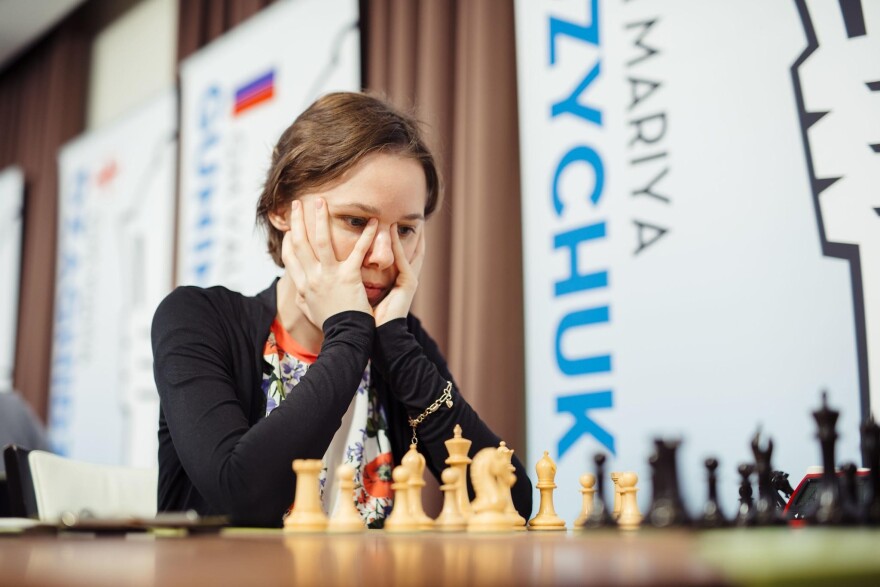Chess is often regarded as the game that is most commonly associated with intelligence and strategy. Science has in fact proven that chess players have more cognitive skill than non-chess players. But why is that so?
Chess increases problem-solving skills. Legendary former World Champion Garry Kasparov once wrote: “Chess helps you to concentrate, improve your logic. It teaches you to play by the rules and take responsibility for your actions, how to problem solve in an uncertain environment.” Learning tactics and strategy in chess extends itself in helping us resolve personal and business challenges as well. Rex Sinquefield is a successful entrepreneur and the driving force behind the resurgence of chess in the United States through the formation of the St. Louis Chess Club. He’s also been integral to the relocation of the World Chess Hall of Fame to St. Louis. He often credits his study of chess as helping him make the strategic decisions he needed to excel in the business world.
Chess improves concentration. Studies show that chess helps players increase their concentration levels and memory power. In fact, some of the best schools and colleges in the country recommend this game to help their students develop various skills such as logical thinking, abstract reasoning and spatial intelligence. Additionally, it helps develop various characteristics such as patience, self-discipline, humility and a never-say-die attitude.
Chess engages both sides of the brain. It has also been shown that better chess players use both sides of the brain to make decisions, engaging the visual information-processing part of the brain to find patterns and the analytical side to pick the best logical move. A German study indicated that when chess players were asked to identify chess positions and geometric shapes, both the left and right hemispheres of the brain became highly active. Their reaction times to the simple shapes were the same, but the players were using both sides of their brains to more quickly respond to the chess position questions.
Chess improves memory. Chess is an excellent memory exercise because it encourages remembering moves for various strategic purposes. The better players fill their memories with possible combinations. Grandmaster chess players tap into different parts of their brains to recall thousands of moves according to a study from the University of Konstanz in Germany.
Chess builds confidence in students. There are benefits for young people as well. The St. Louis Chess Club conducted its own research in 2019-20 and found that:
- 65% of students look forward to school more on days they get to play chess.
- 72% of students say that learning to play chess has made them more confident when learning difficult material.
- 75% of students say that playing chess encourages them to challenge themselves more in the future.
Regardless if you are a beginner or a chess grandmaster, the benefits of playing chess are countless. For those interested in exploring how chess can enhance cognitive skills, there are plenty of resources available.
During COVID restrictions, chess enthusiasts can practice at home or play virtually. Long-term, joining a local chess club can provide a more immersive experience. Interaction with players of all levels is not only a fun way to build relationships with those who share a love of chess, it’s a great opportunity to meet fellow players who are eager to trade tips or simply pull up a chair and enjoy a game. Many clubs offer other resources, as well. For example, the St. Louis Chess Club hosts dozens of international, national and open tournaments, in addition to weekly classes and lectures. Learn more at saintlouischessclub.org.

